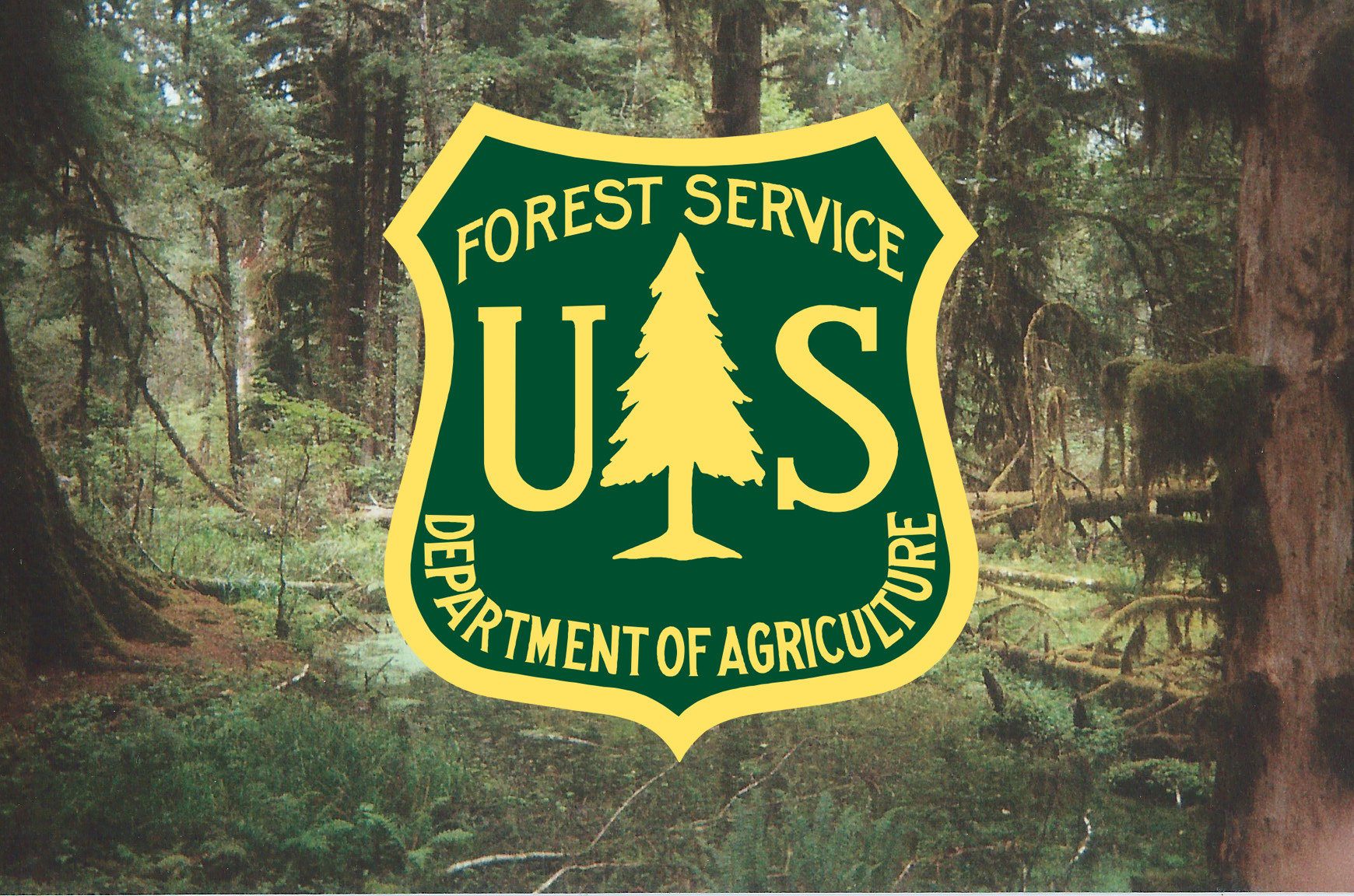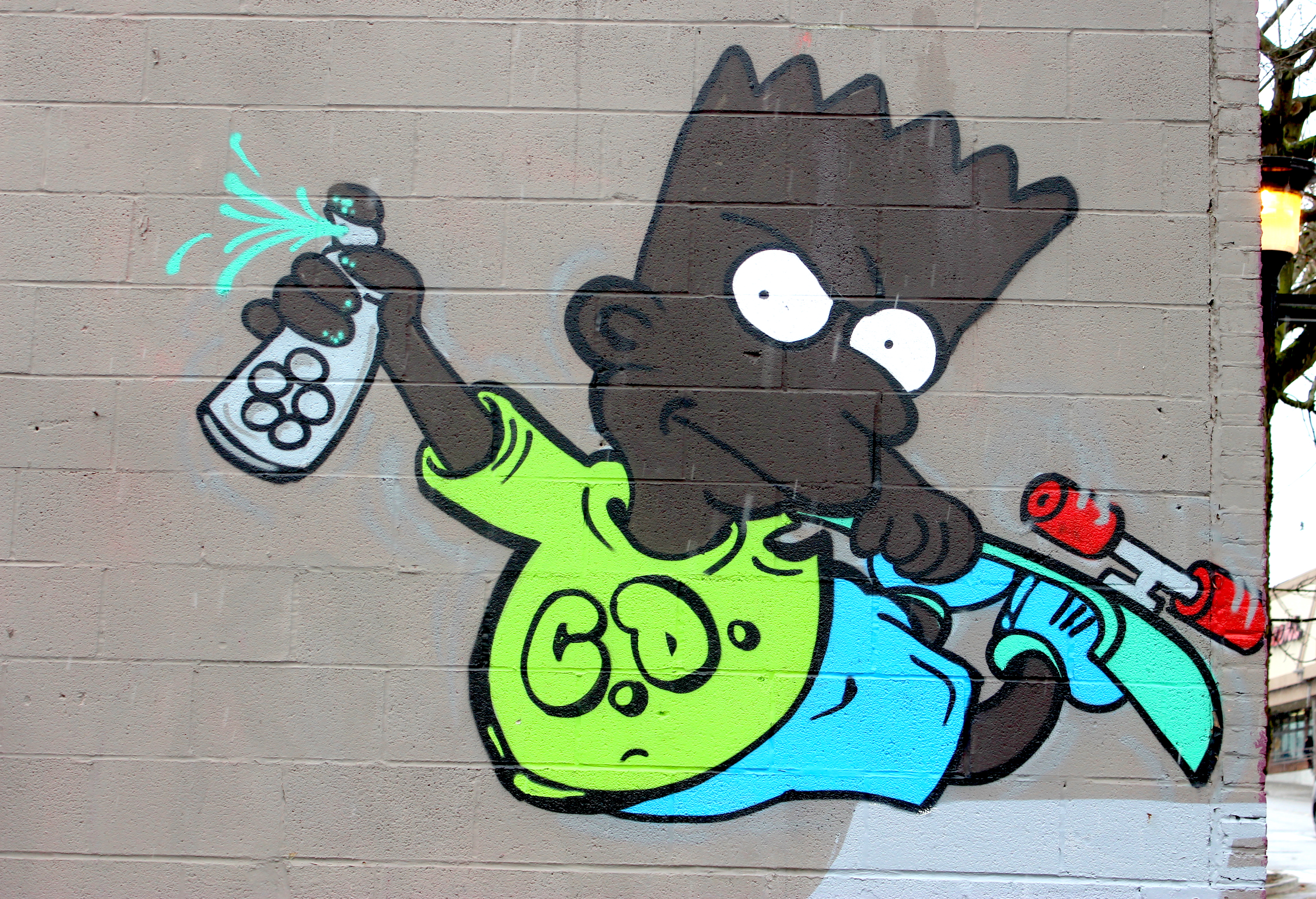Above: Forest Service Chief Tim Tidwell is the one on the left who isn’t Arnold Schwarzenegger or Smokey the Bear.
In case you missed it, the U.S. Forest Service lit off a storm of criticism this week after proposing rules requiring photographers and filmmakers to purchase a $1500 permit to shoot in federal wilderness, or else face a $1000 fine.
While the rule was aimed at “commercial” photographers and filmmakers, the proposal nonetheless alarmed First Amendment advocates, media, and hobbyist nature photographers who worried the rule’s vague wording was problematic and could easily be misapplied. One of the main concerns was that the rules seemed to grant the Forest Service the right to essentially censor news stories it didn’t want covered by denying permits to journalists, unless the coverage was deemed “breaking,” in which case the coverage was considered an exception to the permitting rules. Others were worried that the loose definition of “media” in the rules could make the fine apply to everyday cellphone photographers.
The U.S. Forest Service and its Chief, Tim Tidwell, released a statement later yesterday evening addressing the concerns, entitled “I will ensure the First Amendment is upheld under agency commercial filming directives” (excerpt):
“The US Forest Service remains committed to the First Amendment,” said U.S. Forest Service Chief Tom Tidwell. “To be clear, provisions in the draft directive do not apply to news gathering or activities.” The proposal does not apply to news coverage, gathering information for a news program or documentary. However, if a project falls outside of that scope and the filming is intended to be on wilderness land, additional criteria are applied to protect wilderness values. In that case, a permit must be applied for and granted before any photography is permitted. […] “The fact is, the directive pertains to commercial photography and filming only – if you’re there to gather news or take recreational photographs, no permit would be required. We take your First Amendment rights very seriously,” said Tidwell. “We’re looking forward to talking with journalists and concerned citizens to help allay some of the concerns we’ve been hearing and clarify what’s covered by this proposed directive.” […] The proposal does not change the rules for visitors or recreational photographers. Generally, professional and amateur photographers will not need a permit unless they use models, actors or props; work in areas where the public is generally not allowed; or cause additional administrative costs.
While the initial public comment period on the proposed rules was set to end on Nov. 3, the U.S. Forest Service has extended the deadline to Dec. 3 due to the increased interest.
Despite the new statement, many critics still contend the rules are too vague. The Washington Trails Association issued a “Call for Clarity” after the statement was released, arguing that “what constitutes commercial filming or photography in the proposed directive is still far from clear; there’s a lot of gray area between a Hollywood production and a photographer for a hiking guidebook.”








